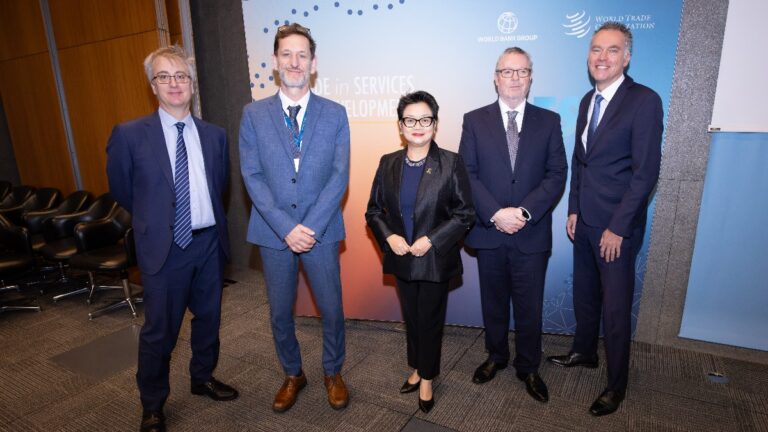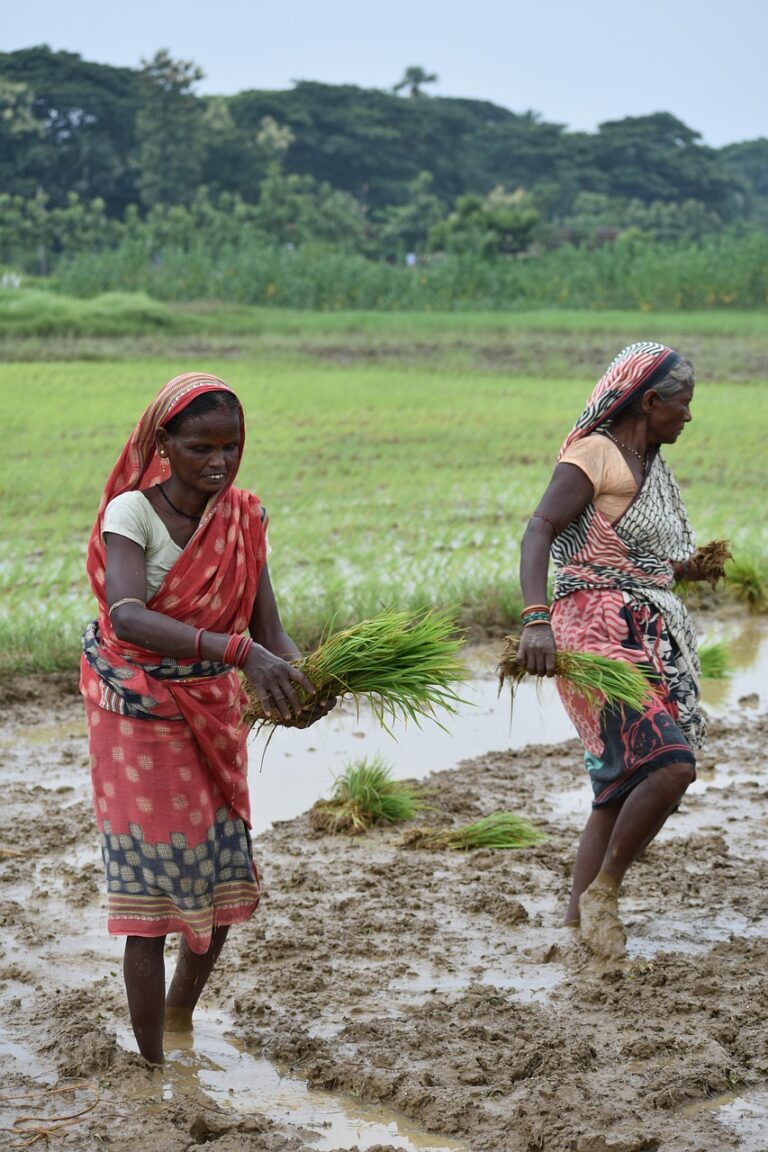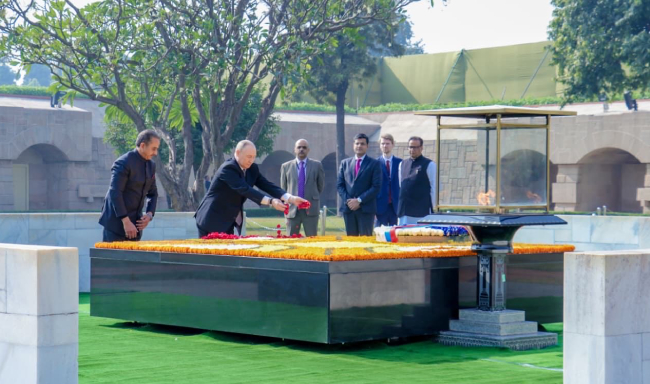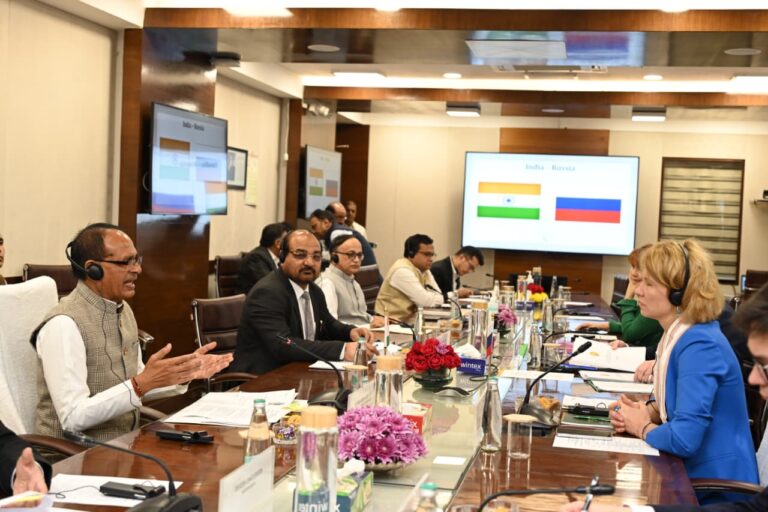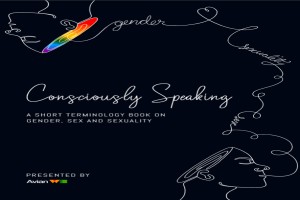
Book Review
 By Ranjit Monga*
By Ranjit Monga*
‘Consciously Speaking’: a book of terminology for responsible communication on gender, sex and sexuality
New Delhi: Who we are is not always what it seems. Though, this statement may sound cliched, it holds very much true when read in context of gender and sexuality and language used in day-to-day conversations.
Using correct terminologies becomes even more important when diversity and inclusion have become the buzz words in the corporate world. Homosexual, queer, lesbian, gay, kothi, chakka, transgender are some of the words used loosely sometimes for the group of minorities comprising the LGBTQI+ community for instance. Some of these terms can be discriminatory or demean individuals and can result in harassment and exclusion. A common understanding is needed to use terminologies in different settings, addressing different people in the most inclusive and non-discriminatory way.
What do each of these terms mean? Is it appropriate to use these words? What are the acceptable alternatives?
These and many such issues have been dealt with in a new book titled ‘Consciously Speaking’, released in New Delhi last week by Avian WE, a communications firm, in collaboration with The Federation of Indian Chambers of Commerce and Industry (FICCI) and the Rainbow Lit Fest.
Also read: India Workplace Equality Index sends the right signal for LGBT+ inclusion
The book has been put together by a team of experts with the initial research on the usage on terminologies being conducted by social development consultant Rehan Mohammad, who also authored the first draft. The book gives the readers an understanding of terminologies, its definition, explaining its concept, context, caution for usage along with usage examples. Femininity, masculinity, assigned gender, LGBTQIA+, sexual orientation are some of the terminologies used in the book.
It notes that diversity takes into account gender, sex, sexuality, each with their own nuances which have been explained. Sex, for instance, is typically referred to as male and female, but within that there is assigned sex (sometimes also referred to as gender) and gender identity, both of which could be the same or different, depending upon an individual.
The book lays stress on using pronouns which a person may like to refer themselves with, for example him/her/they whereas him and her may not be the same as assigned during birth and ‘they’ is when an individual does not identify with either of the two sexes. Gender expression is another theme which calls for a different nomenclature.
In the same way, using gender specific words like chairman, spokesman or policeman are no longer considered appropriate with chairperson, spokesperson and police officer being more acceptable to adhere to gender sensitivities.
Dilip Chenoy, Secretary General, Federation of Indian Chambers of Commerce and Industry (FICCI), says in the foreword of the book that if the words used are inclusive, it connects people, but if they are unfair or stereotypical, they can create a rift within the family, society and nation at large.
“Economies across the globe are moving towards inclusion, for which correct and effective communication is imperative”, he says and adds that just by improving our language we can increase the productivity of a person, reduce mental health issues, and see a higher contribution to the GDP of the country”.
“Corporate India can encourage meritocracy in a person more than the sexual identity so that each employee feels respected, valued and involved; irrespective of the caste, gender, or religion”, he says.
The book has been developed in consultation with gender experts from the development space and LGBTQIA+ advocates.
Sharif Rangnekar, Festival Director, The Rainbow Lit Fest feels that language has an immediate impact on mindsets and culture. “I find the book important as it makes people aware of how to engage with the queer community. It could help change (create) a place, space and culture in the times to come.”
According to Sharmistha Ghosh, Vice President, Social Impact, Avian WE in today’s world it is important to break stereotypes. ‘Consciously Speaking’ is our effort to build understanding of certain terminologies, embracing the spirit of inclusivity and diversity. It will be updated periodically, as language and the development landscape are constantly changing, enabling it to stay relevant.
As part of the book launch, panel discussions were also hosted which witnessed participation from several experts from the corporate world and FICCI and LGBTQI+ activists.
*The writer is a documentary film maker and writer.


